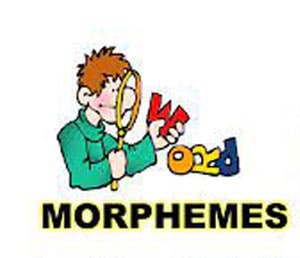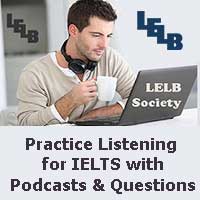English Vocabulary Enrichment
English vocabulary enrichment is a must these days, although it is never an easy task. In this article, we will guide you through mastering and internalizing English vocabulary with the help of some practical techniques.
First of all, you need to keep record of the words you learn. You can use a special notebook to write down your recently learned words. This method is rather traditional because you can do the same task electronically and on your computer. For instance, you can create a word log on Microsoft Office Word. On Word, you can edit your log in almost any way you like. You can itemize, bulletize, alphabetize, etc. your newly learned words to retain them better and for a longer period of time.
Another important fact about improving your word knowledge is to use them in your everyday conversations or writing tasks you need to carry out. This deliberate attempt to utilize your words changes them from passive vocabulary to active vocabulary.
Using flashcards can also help you to remember words for a longer period of time because illustrated concepts tend to be retained more effectively. However, you should note that flashcards can be more helpful when you already know the words, or the flashcards include examples or sample sentences. In other words, memorizing a list of new words without context does not seem to be effective. You can have access to hundreds of English flashcards on LELB Society’s Instagram account. Click here to follow us on Instagram to receive expressive flashcards in English.
You must develop a voracious appetite for learning new vocabulary as this process is literally endless. In so doing, referring to your dictionary that is enriched with examples is of practical use. On the other hand, using a thesaurus dictionary including synonyms or antonyms can expand the range of your vocabulary.
As it has been wisely stated, “behind each word, there is an entire world”. For this reason, developing some etymological knowledge (i.e., knowing the origin of words, roots, prefixes, suffixes, etc.) can entice you into becoming a better and more successful word learner.
As English is not your mother tongue, it is perfectly natural that you forget some recently learned words. To minimize the risk of forgetting the new words, you ought to review them regularly. Simply refer to your vocabulary log and look over the words to reinforce your mastery.



